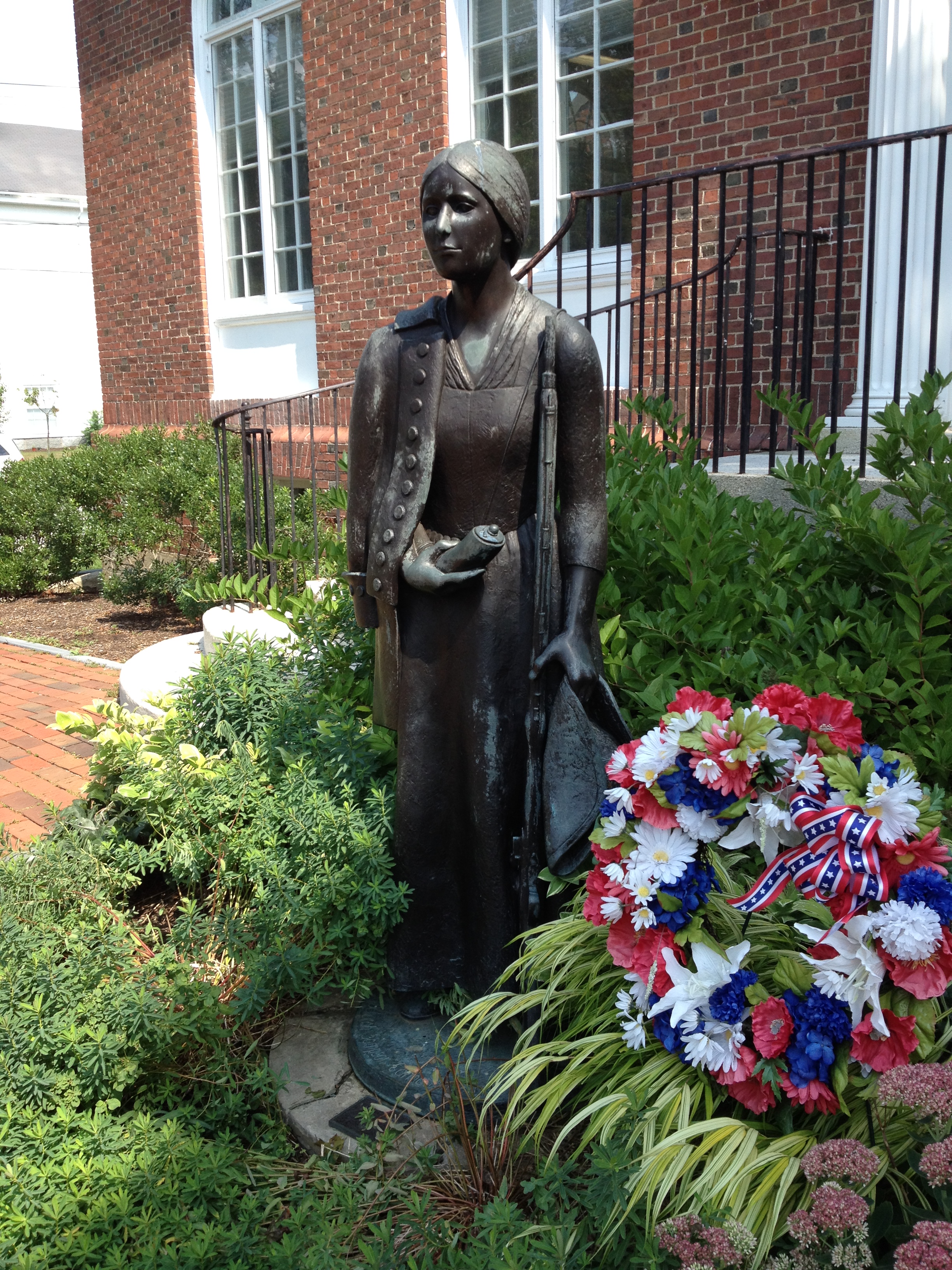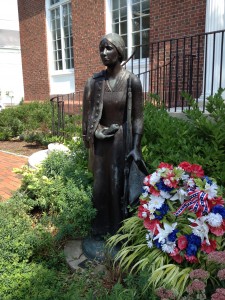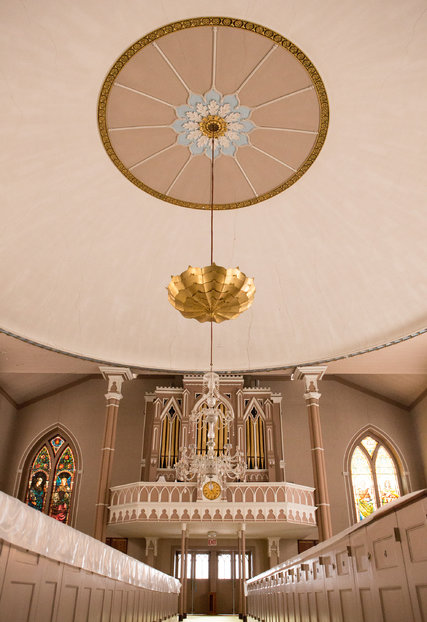
The Gospel of Matthew 19:16-26
At that time, a young man came up to Jesus, kneeling and saying, “Good Teacher, what good deed must I do, to have eternal life?” And he said to him, “Why do you call me good? One there is who is good. If you would enter life, keep the commandments.” He said to him, “Which?” And Jesus said, “You shall not kill, You shall not commit adultery, You shall not steal, You shall not bear false witness, Honor your father and mother, and You shall love your neighbor as yourself.” The young man said to him, “All these I have observed; what do I still lack?” Jesus said to him, “If you would be perfect, go, sell what you possess and give to the poor, and you will have treasure in heaven; and come, follow me.” When the young man heard this he went away sorrowful; for he had great possessions.
And Jesus said to his disciples, “Truly, I say to you, it will be hard for a rich man to enter the kingdom of heaven. Again I tell you, it is easier for a camel to go through the eye of a needle than for a rich man to enter the kingdom of God.” When the disciples heard this they were greatly astonished, saying, “Who then can be saved?” But Jesus looked at them and said to them, “With men this is impossible, but with God all things are possible.”

This story is one of the best-known and best-loved stories in the Gospels. One of the most interesting things about it is the way in which most is us unite different details from various gospels to complete the picture. It is usually called the story of the “Rich Young Ruler,” but that is not necessarily the case. All of the gospels tell that the man was rich, for their in is the point of the story. But only in the gospel of Matthew, that we read today, says he was young (Matthew 18:18). It is interesting to see how a composite picture has been created with elements taken from all three gospels (Matthew 19:16-22); Mark 10:17-22; Luke 18:18-23).
There is another interesting point about this story, Matthew alters the question put to Jesus by the man. Both Mark and Luke say that the issues were, “Why do you call me good? No one is good but God alone” (Mark 10:18; Luke 18:19). Matthew says the question was, “Why do you call me good? One there is who is good” (Matthew 19:17). Matthew’s is the latest of the three synoptic gospels and his reverence for Jesus is such that he cannot bear to show Jesus asking the question, “Why do you call me good?” That almost sounds to him as if Jesus was refusing to be called good, so he alters the intro to the question, “Why do you ask me about wat is good?” in order to avoid the seeming irreverence.
The story touches on the deepest of all lessons for it has within in the whole basis of the difference between the right and the wrong idea of what religion is.
The man who came to Jesus was seeking for what he called eternal life. He was seeking for happiness for satisfaction, for peace with God. But his very way of phrasing his questions betrays him. He asks, “What must I do?” He is thinking in terms of actions. He is like the Pharisees; thinking in terms of keeping rules and regulations. He is thinking of piling up a credit balance-sheet with God by keeping the works of the law. He apparently knows nothing of a religion of grace. So Jesus tries to lead him on to a correct view.
Jesus answers him in his terms. He tells him to keep the commandments. The young man asks what kind of commandments Jesus means. Jesus then cites five of the Ten Commandments. Now there are two important things about the commandments that Jesus chooses to cite.
First, they are all commandments from the second half of the Decalogue, the half that deals, not with our duty to God, but with our responsibility toward others. They are the commandments that govern our personal relationships, and our attitude to others.
Second, Jesus cites one of the commandments out of order. He quotes the command to honor parents last when it should have come first. It is clear that Jesus wishes to lay particular stress on that one commandment. Why? We have to speculate on this one. Maybe the young man had grown rich and successful in his career and then forgotten his parents, who may have been very poor. He may well have risen in the world, and have been ashamed of the folks in the old home; and then he may have justified himself perfectly legally by the law that Jesus has so unsparingly condemned (Matthew 15:1-6; Mark 7:9-13).What these passages show is that the young man could have done all of that, and still have legally claimed to have obeyed the commandments. In the very commandments that he cites Jesus is asking this young man, and us, what his attitude is to his fellow man and his parent, asking him what his personal relationships were like.
The young man’s answer is that he has kept the commandments; and yet there was still something that he knew he ought to have and which he had not got. So Jesus told him to sell all that he had and give it to the poor and follow him.
The young man claimed to have kept the law. In the legal sense, this may be true; but in the spiritual sense it was not true because his attitude toward others was wrong. In the last analysis, his attitude was utterly selfish. That is why Jesus confronted him with the challenge to sell all that he had and to give to the poor. His possessions are so shackled this man that nothing less than surgical excision of them would suffice. If a person looks on their possessions as given to them for nothing but their comfort and convenience, they are a chain that must be broken; if he looks on his possessions as a means for helping others, they are his crown.
The great truth of this story lies in the way it illumines the meaning of eternal life. Eternal life is life such as God himself lives. The word used for eternal does not mean lasting forever; it means as befits God, or such as belongs to God, or such as is characteristic of God. The great characteristic of God is that he so loved, and he gave. Therefore, the essence of eternal life is not a carefully calculated keeping of the commandments and the rules and regulations; eternal life is based on an attitude of loving and sacrificial generosity to others.
If we are to find eternal life, if we would find happiness, joy, satisfaction, peace of mind and serenity of heart, it will not be by piling up a credit balance with God through keeping commandments and observing rules and regulations; it shall be through reproducing God’s attitude of love and care for others. To follow Christ and in grace and generosity to serve others for whom Christ died are one in the same thing.
In the end, the young man turned away in great distress. He refused the challenge because he had great possessions. His tragedy was that he loved things more than he loved people, and he loved himself more than he loved others. Anyone who puts things before people and self before others must turn their back on Jesus.












